Bali diving courses, often hailed as a diver’s paradise, offers vibrant waters teeming with aquatic life, making it a perfect backdrop for photographers eager to capture stunning underwater moments. Whether you’re a seasoned diver looking to enhance your skills or a novice taking your first breaths underwater, this blog will guide you through the art of underwater photography while exploring diving courses and Bali Dive Resort. We’ll share tips and techniques to elevate your photography, ensuring you can capture the breathtaking beauty of underwater landscapes and creatures. Get ready to dive in and discover how to transform your immersive experiences in the crystal-clear waters of Bali into unforgettable memories.
Understanding the Basics of Underwater Photography
Understanding the basics of underwater photography is essential for capturing stunning moments beneath the waves, especially when diving in picturesque locations like Bali. One of the primary factors to consider is lighting, as water absorbs and refracts light differently than air. Utilizing natural light effectively can enhance your images, so it’s crucial to dive during times when the sun is high to take advantage of the best illumination.
Additionally, the clarity of the water plays a significant role; conditions can vary greatly based on weather, tides, and local marine life. Taking a Bali diving courses can grant you not only practical underwater skills but also help you grasp the intricacies of these environmental factors that affect your photography. Equipping yourself with the right gear is equally important in this creative pursuit. A sturdy underwater camera housing will protect your camera from water damage while allowing you to shoot at various depths.
For beginners, starting with a point-and-shoot camera in a waterproof case can be beneficial before advancing to DSLRs or mirrorless systems. Furthermore, practicing with your equipment during your diving lessons will build your confidence and improve your skills as you work towards scuba diving certification. By mastering these fundamental concepts, you will significantly elevate your underwater imagery, making the most of each dive experience at a Bali Dive Resort.
Essential Gear for Captivating Underwater Shots
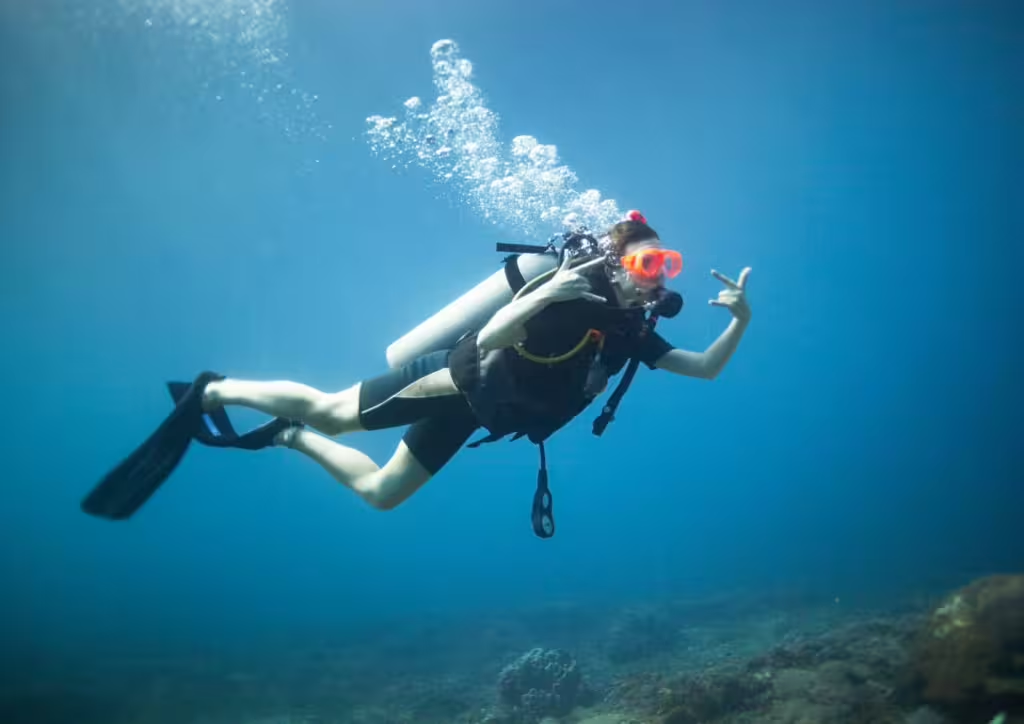
To capture stunning underwater moments, having the right gear is paramount. One of the most essential pieces of equipment is a quality underwater camera that can withstand the pressures of the oceanic environment. Look for a camera that features a robust casing, good image stabilization, and the ability to shoot in RAW format for better editing flexibility.
Additionally, consider investing in a wide-angle lens to capture more of the surroundings, allowing you to convey the beauty and depth of underwater realms. If you’re taking Bali diving courses or staying at a Bali Dive Resort, ensure your camera is compact and travel-friendly for ease of use during your diving lessons. Beyond the camera, lighting is crucial in underwater photography. Natural light diminishes quickly as you descend, so an external flash or video light can help illuminate your subjects and bring out their vivid colors, which often appear muted underwater.
A sturdy tripod can also be beneficial for stability, especially in lower light conditions. Lastly, using a slate for planning your shots can help ensure you get the composition you desire. With the right gear and techniques, you’ll be well-equipped to make the most of your scuba diving certification and capture unforgettable underwater moments during your open water diving courses or advanced diving course.
Techniques for Perfecting Your Underwater Shots
Capturing the perfect underwater shot requires a combination of technical skill, the right equipment, and an understanding of the unique challenges posed by the underwater environment. Lighting is crucial—natural light diminishes as you go deeper, so using artificial lights or strobes can help illuminate your subject and bring out vibrant colors.
Mastering buoyancy is another essential skill, as it allows you to remain stable while shooting, avoiding blurry images. Additionally, understanding your subject’s behavior can lead to more dynamic and natural shots, whether you’re photographing marine life or underwater landscapes. Finally, post-processing techniques can enhance your images, correcting color loss and sharpness, to bring your underwater photos to life.
Exploring Bali’s Top Dive Resorts for Photography
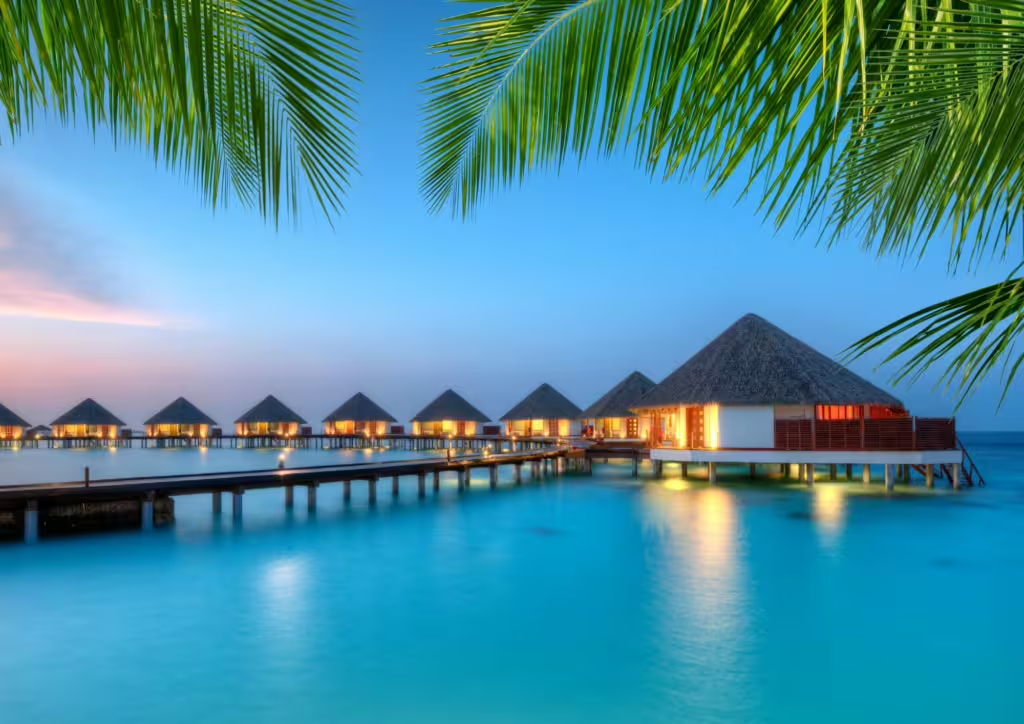
Bali is a haven for underwater photographers, and its top dive resorts offer the perfect blend of luxury and access to stunning dive sites. These resorts are strategically located near some of Bali’s most photogenic underwater locations, from the vibrant coral gardens of Nusa Penida to the mysterious USAT Liberty shipwreck in Tulamben.
Many of these resorts cater specifically to photographers, providing specialized services such as underwater photography workshops, guided dives focused on capturing the best shots, and facilities equipped for post-dive editing. Whether you’re a seasoned photographer or a beginner looking to enhance your skills, Bali’s top dive resorts offer an unparalleled opportunity to explore and capture the island’s breathtaking underwater world.
How Scuba Diving Certification Enhances Your Skills
Obtaining a scuba diving certification is a pivotal step for anyone looking to enhance their underwater photography skills. With an open water diving courses, divers gain not only the essential knowledge of safety protocols and dive techniques but also an appreciation for the underwater environment. These courses, often provided at Bali Dive Resort, teach participants how to navigate underwater currents and monitor their buoyancy, ensuring that they can focus on capturing stunning images rather than worrying about their equipment or surroundings.
Additionally, as divers become more comfortable in the water, their ability to connect with marine life deepens, leading to more authentic and engaging photographs. Furthermore, Advanced Diving Courses expand on these foundational skills by introducing divers to more complex underwater habitats and photography techniques. This level of training allows photographers to access deeper sites, encounter diverse marine species, and learn specialized skills like low-light photography, essential for capturing those mesmerizing deep-sea colors. By investing time in diving lessons and securing a scuba diving certification, underwater photographers set themselves up for success, allowing creativity to flourish in the vibrant underwater world that Bali has to offer.
Tips for Lighting and Composition Underwater
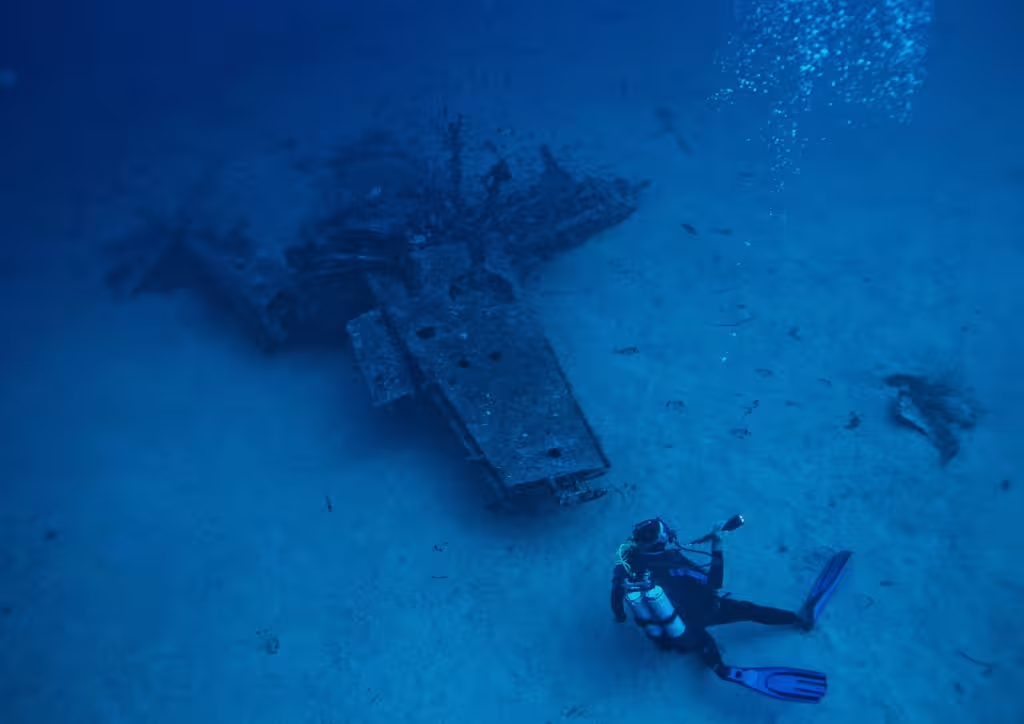
Lighting plays a crucial role in underwater photography, as it helps to convey the vibrancy of colors and the details of marine life. When shooting in water, natural light diminishes quickly, particularly beyond 10 meters, creating a blue or green haze in your images. To overcome this, consider taking your Bali diving courses at varying depths to understand the nuances of light. Use artificial lighting, such as underwater strobes, to enhance color saturation and illuminate your subjects.
Position your light source at an angle to reduce backscatter from particles in the water, which can detract from the clarity and quality of the image. Composition also holds great importance while capturing stunning underwater moments. Follow the rule of thirds to create a balanced and engaging photograph. Focus on a single subject while ensuring the background adds context, such as coral formations or schools of fish typical in Bali’s rich diving spots.
Experiment with different angles and perspectives; shooting from above or below your subject can create dynamic images. Additional diving lessons, like an Advanced Diving Courses, might also provide you with insights on proper buoyancy control, allowing for steadier shots and more creative framing. Embrace these techniques, and you’ll emerge with breathtaking underwater photographs that showcase the beauty of your Bali Dive Resort experience.
Capturing Marine Life: Ethics and Best Practices
Capturing marine life through underwater photography is not just about skill; it also encompasses ethics and best practices that every diver must consider. In the beautiful waters of Bali, where myriad species can be found during your diving course, it’s essential to respect the delicate marine ecosystem. Avoid touching or disturbing the creatures, as many marine life forms are vulnerable to stress and damage from human interaction.
Additionally, it’s crucial to maintain a safe distance to avoid scaring them away, as close encounters can be unsettling for both the photographer and the subject. Embracing a spirit of conservation while engaged in your Bali diving courses will contribute positively to the environment and enhance your photography experience. Practicing best photography practices can greatly improve your underwater images while also protecting the ocean’s inhabitants.
When diving at a Bali Dive Resort, always be aware of your surroundings to avoid damaging coral reefs or stirring up sediment that can cloud the water. Consider utilizing buoyancy control to hover effortlessly without causing disturbance. Educating yourself about the species you wish to photograph can also provide a richer narrative to your imagery. Embracing this ethical approach not only enhances your own skills in capturing breathtaking underwater moments but also fosters a deeper connection and respect for the vibrant marine world that awaits you during scuba diving certification and lessons in Bali.
Embrace the Depths of Underwater Photography
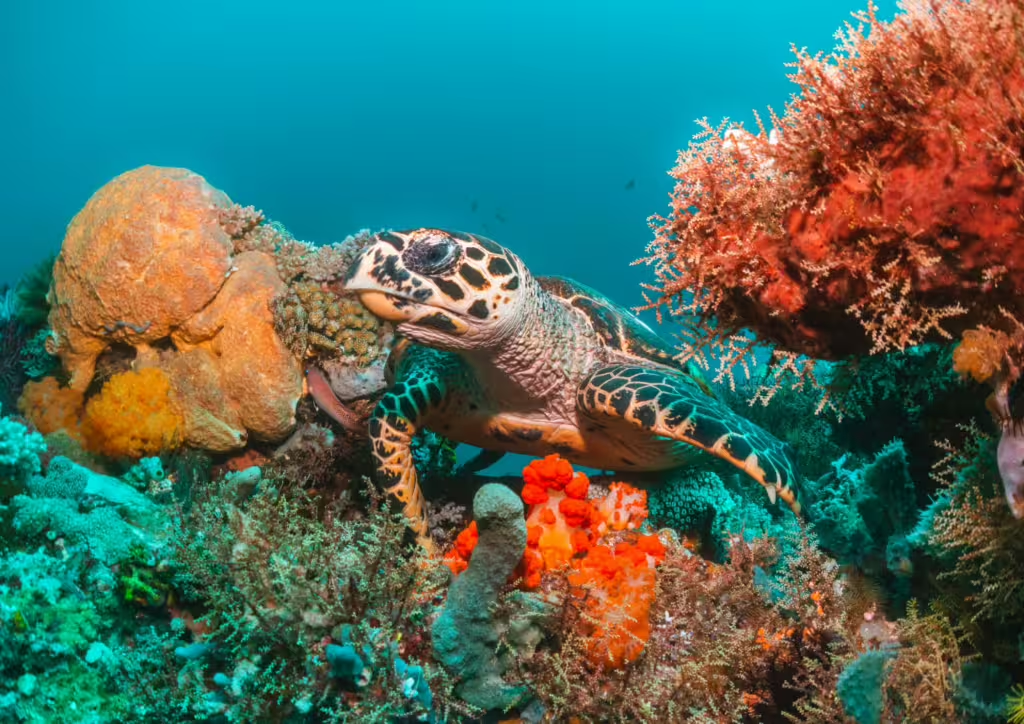
In conclusion, mastering underwater photography is an incredible journey that combines the beauty of the deep blue with the art of capturing fleeting moments. By investing in Bali diving courses and diving lessons, you not only enhance your scuba diving certification but also gain the necessary skills to create breathtaking underwater images. Whether you are a beginner taking an open water diving courses or an advanced diver looking to refine your technique, Bali Dive Resort offers an array of resources to help you on your path to becoming a skilled underwater photographer.
As you explore the vibrant marine life and stunning underwater landscapes, remember that creativity thrives in exploration. Utilize the tips shared in this blog to effectively frame your subjects and play with light to convey the enchanting essence of the underwater world. With dedication, practice, and the right diving courses, you can capture stunning moments that reflect the magic of your diving experiences in Bali. So grab your camera, dive into creativity, and let the underwater adventures begin!

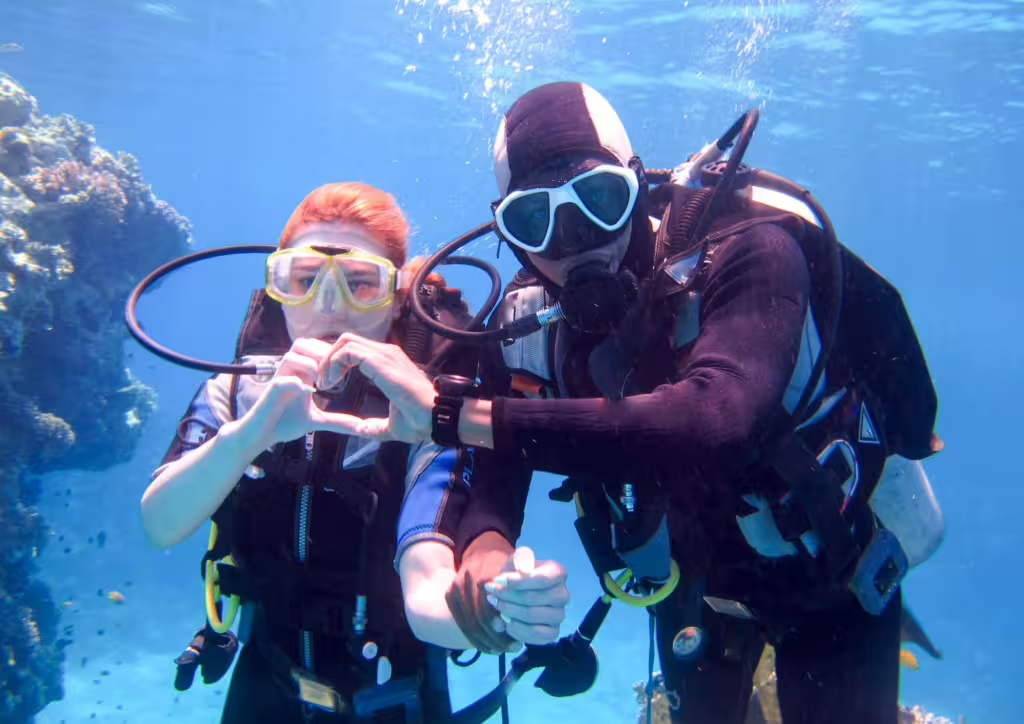
I completely agree with the importance of understanding lighting in underwater photography. It’s amazing how a well-placed strobe can make all the difference in capturing stunning images.
Thank you for sharing your insights on the importance of lighting in underwater photography! You’re absolutely right, a well-placed strobe can indeed make all the difference in capturing stunning images. At our resort, we offer specialized diving courses and workshops that focus on mastering underwater photography techniques, including the use of artificial lighting. If you’re interested in learning more about these courses or would like to share your own experiences with us, please don’t hesitate to reach out to us at [email protected] or +62 857 3891 8262. We’d love to hear from you!
I’m really impressed by the tips shared in this blog post. The underwater photography techniques and best practices are so helpful, especially for those who are just starting out.
Hi Ling Ting, thank you for taking the time to share your thoughts on our blog post! We’re thrilled to hear that you found our tips and techniques helpful. As a resort in Bali, we’re passionate about not only providing a good experience to our guests but also making a positive impact at the local level through education and job opportunities. If you have any more questions or would like to learn more about our diving courses or photography workshops, please don’t hesitate to reach out to us at [email protected] or +62 857 3891 8262. We’d be happy to help.
This post is incredibly informative and inspiring. I’m excited to put these tips into practice during my next scuba diving trip in Bali.
Dear Mia, thank you for your lovely comment! We’re thrilled to hear that our blog post has inspired you to improve your underwater photography skills. At Pebble and Fins, we’re passionate about sharing knowledge and expertise to help our guests make the most of their diving experiences in Bali. If you have any further questions or would like to share your own tips and experiences, please don’t hesitate to reach out to us at [email protected] or +62 857 3891 8262. We’d be delighted to hear from you! Best regards, the Pebble and Fins team.